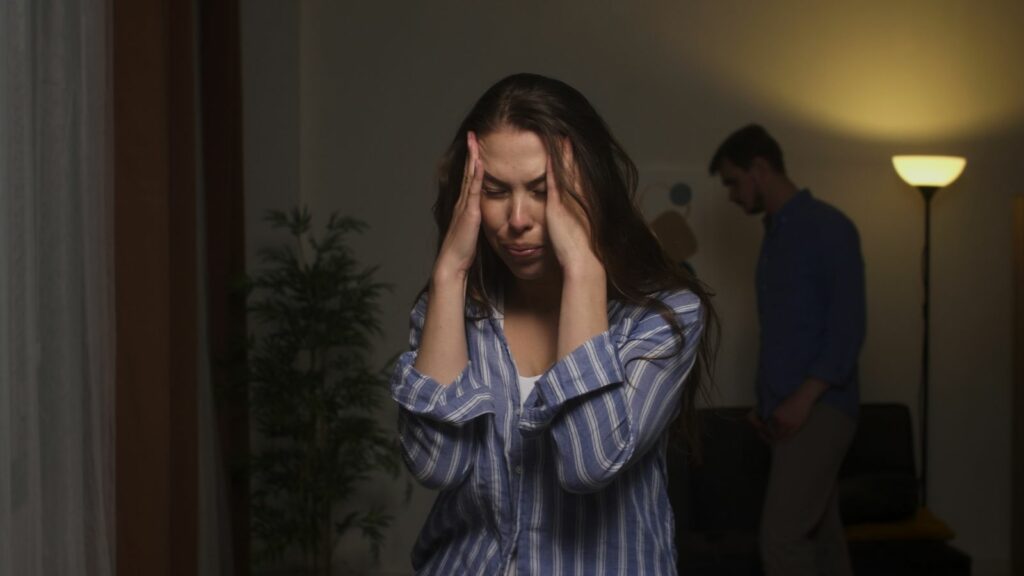Minimalism is often celebrated for its simplicity and the clarity it brings to life. However, minimalism isn’t without its challenges. While it can lead to a more organized and intentional lifestyle, it can also have surprising downsides, particularly for mental health. From emotional attachment to possessions to the pressure of maintaining a minimalist ideal, the journey towards minimalism can sometimes be uptight with unexpected difficulties. Here are 18 surprising ways minimalism can negatively impact your well-being:
Emotional Attachment

Letting go of items with sentimental value can be emotionally challenging. Items often hold sentimental value, representing memories, relationships, or significant life events. Letting go of these items can evoke feelings of loss and sadness, making the decluttering process emotionally taxing. This attachment can lead to internal conflict, as the desire to simplify clashes with the emotional significance of possessions. Balancing minimalism with preserving meaningful items is crucial for maintaining emotional well-being.
Social Isolation

Minimalism can sometimes lead to fewer social connections if it involves cutting back on social activities or gatherings. This reduction in social interaction can contribute to feelings of loneliness. The emphasis on solitude and simplicity might inadvertently distance people from their social circles, impacting their mental health and overall well-being. Balancing minimalism with maintaining meaningful relationships is essential.
Perfectionism

Perfectionism in minimalism can lead to stress and anxiety. The constant pursuit of a perfectly clutter-free environment can become an obsession, making it difficult to relax. This relentless drive for perfection can create mental exhaustion and a sense of insufficiency when the ideal minimalist lifestyle isn’t achieved. Balancing the desire for simplicity with realistic expectations is crucial to avoid perfectionism’s negative mental health impacts in a minimalist lifestyle.
Identity Crisis

Stripping away possessions can sometimes lead to a loss of identity, especially if those items were tied to personal memories or achievements. This can result in emptiness or confusion about one’s self. Balancing minimalism with preserving items that reflect your identity is crucial to maintaining a sense of self and emotional well-being.
Financial Stress
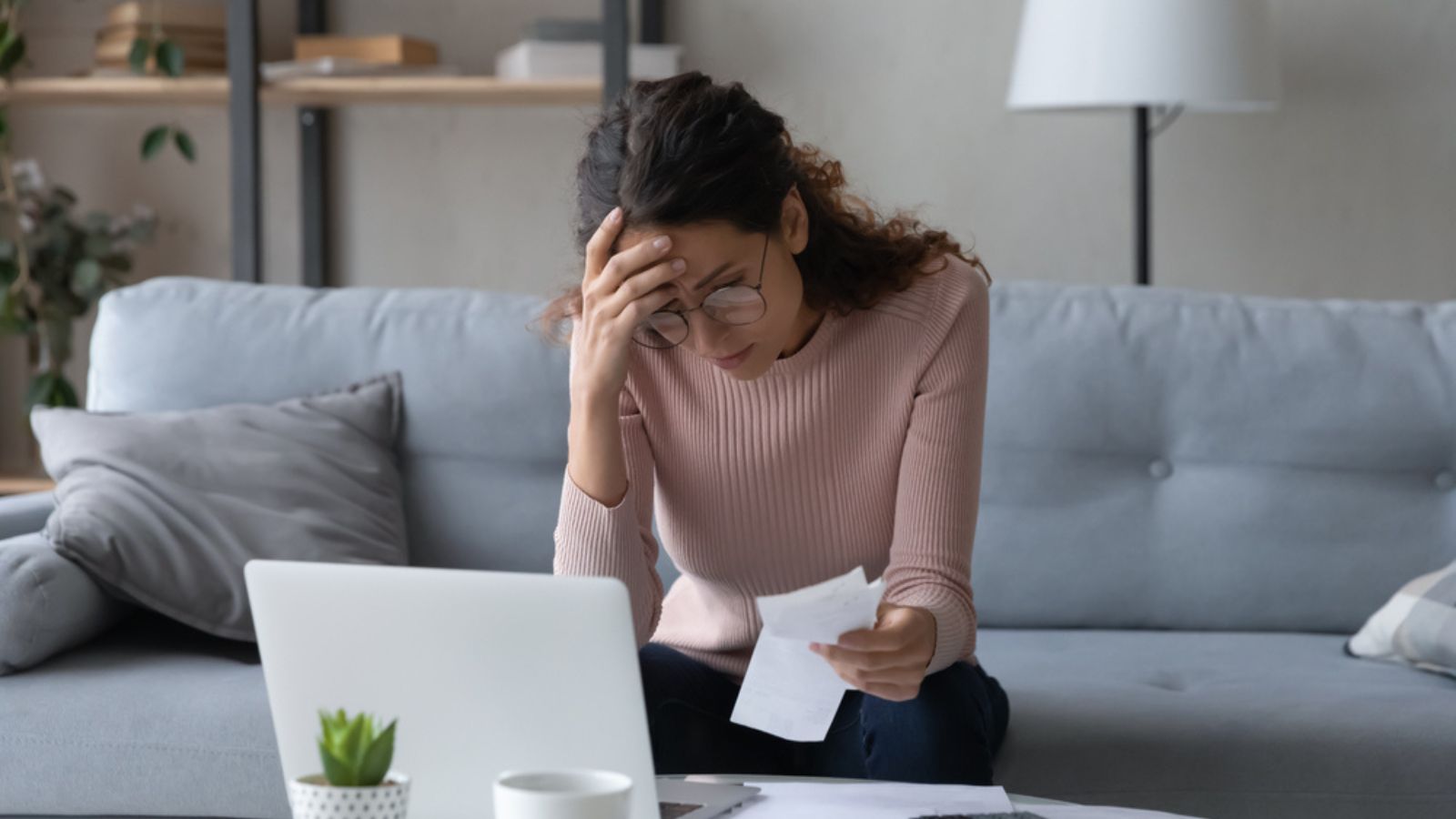
Constantly trying to buy higher-quality, minimalist items can be financially straining. The idea of “less but better” often means investing in more expensive products, which can strain finances. This financial burden can create anxiety and detract from minimalism’s intended simplicity. Balancing the desire for quality with economic reality is crucial to avoiding financial stress’s negative mental health impacts in a minimalist lifestyle.
Overwhelm

The process of decluttering can be overwhelming and stressful. Deciding what to keep and what to discard can be a daunting task, leading to decision fatigue. The sheer volume of decisions and the emotional weight of letting go of possessions can create a sense of overwhelm. Balancing the desire for simplicity with a manageable approach to decluttering is crucial to avoid the negative mental health impacts of feeling overwhelmed.
Guilt

Feeling guilty about not being able to maintain a minimalist lifestyle perfectly can be mentally taxing. This guilt often stems from the pressure to adhere to minimalist ideals and the perceived failure when clutter reappears or when one can’t let go of certain items. This internal conflict can be mentally taxing, creating stress and self-criticism. Balancing minimalism with self-compassion and realistic expectations is crucial to avoid the negative mental health impacts of guilt.
Loneliness
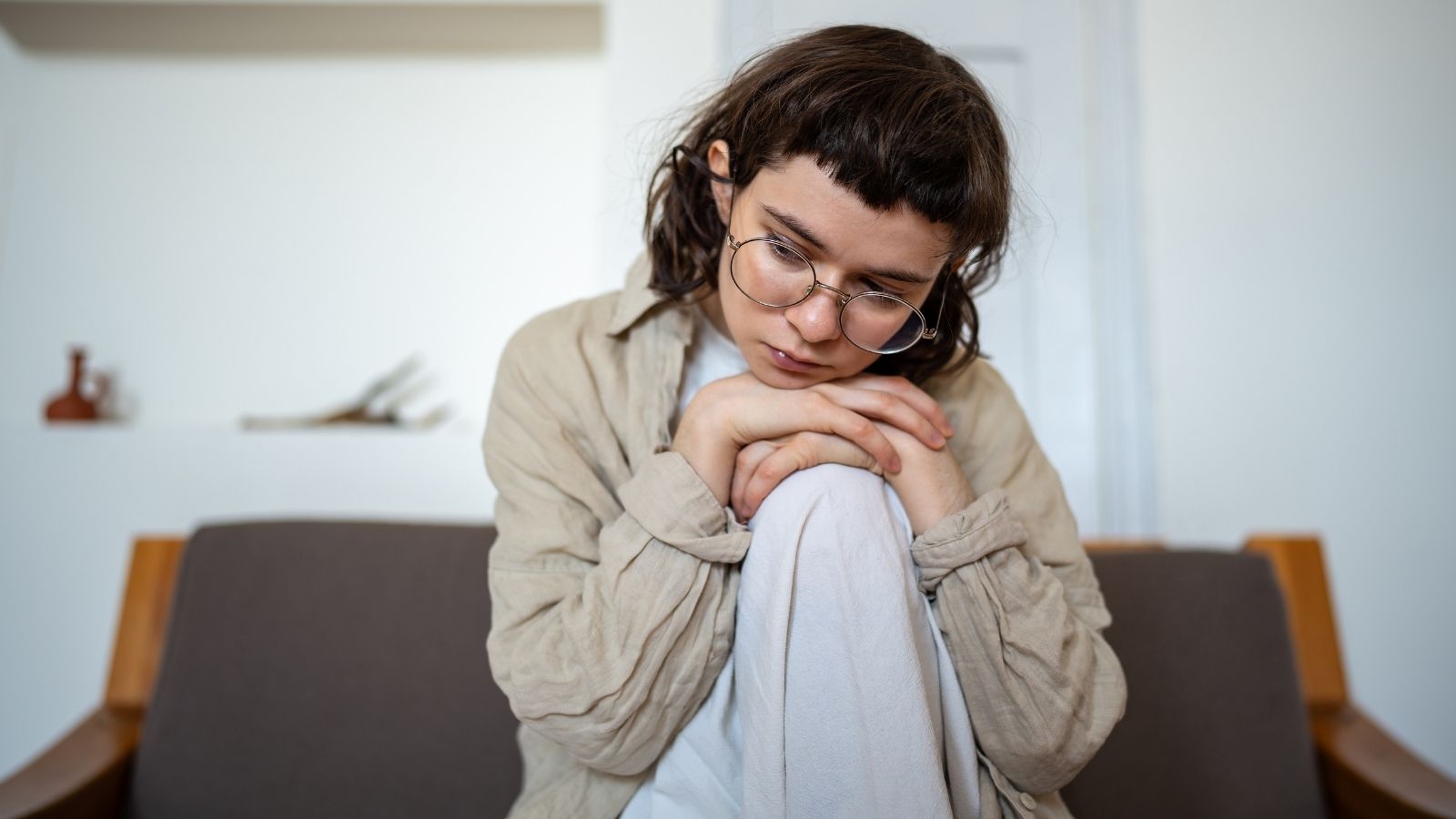
Minimalism can sometimes lead to feelings of loneliness if it involves distancing oneself from social interactions. This emphasis on solitude can inadvertently distance people from their social circles, contributing to loneliness and detachment. Balancing minimalism with maintaining meaningful relationships and social connections is essential to avoid loneliness’s negative mental health impacts in a minimalist lifestyle.
Rigidity

A strict minimalist lifestyle can lead to rigidity, making adapting to changing circumstances or needs difficult. This inflexibility can create stress when unexpected situations require more resources or possessions. Rigid adherence to minimalist principles can also limit spontaneity and the ability to enjoy varied experiences. Balancing minimalism with flexibility is crucial to avoid rigidity’s negative mental health impacts and maintain a more adaptable and fulfilling lifestyle.
Pressure

The pressure to maintain a minimalist lifestyle can be mentally exhausting. The constant effort to keep possessions minimum can create a sense of ongoing stress. When the minimalist standard isn’t perfectly met, this pressure can lead to feelings of inadequacy and anxiety. Balancing minimalism with realistic expectations and self-compassion is crucial to avoid this pressure’s negative mental health impacts and maintain a more relaxed and fulfilling lifestyle.
Loss of Creativity

Minimalism can sometimes hinder creativity by limiting the variety of stimuli and resources available. A sparse environment might not provide the inspiration needed for creative thinking, reducing creative output. The lack of diverse materials and objects can deter the brainstorming process and the generation of new ideas. Balancing minimalism with maintaining a stimulating environment is crucial to avoid the negative mental health impacts of a loss of creativity.
Boredom

A minimalist environment can sometimes feel too bare and lead to boredom. The lack of variety and stimulation can make daily life dull and uninspiring. Without diverse objects and activities to engage with, individuals might struggle to find excitement and interest in their surroundings. Balancing minimalism with elements that bring joy and stimulation is crucial to avoid boredom’s negative mental health impacts in a minimalist lifestyle.
Unrealistic Expectations

Setting unrealistic expectations for a minimalist lifestyle can lead to disappointment and frustration. The ideal of minimalism might not always match the reality, causing dissatisfaction. This gap between expectation and reality can create stress and a sense of failure. Balancing minimalism with achievable goals and understanding that perfection isn’t necessary is crucial to avoid the negative mental health impacts of unrealistic expectations.
Comparison

Constantly comparing oneself to others who seem to have achieved a perfect minimalist lifestyle can be detrimental to self-esteem. This comparison can lead to feelings of inadequacy and self-doubt. The pressure to match others’ perceived success can create unnecessary stress. Balancing minimalism with self-acceptance and focusing on personal progress is crucial to avoid the negative mental health impacts of comparison.
Decision Fatigue

Constantly evaluating what to keep, discard, or purchase can lead to decision fatigue. The pressure to maintain a minimalist lifestyle adds to the cognitive load, making it difficult to relax and enjoy the simplicity intended by minimalism. Balancing minimalism with a more relaxed approach to decision-making is crucial to avoid decision fatigue’s negative mental health impacts.
Lack of Comfort
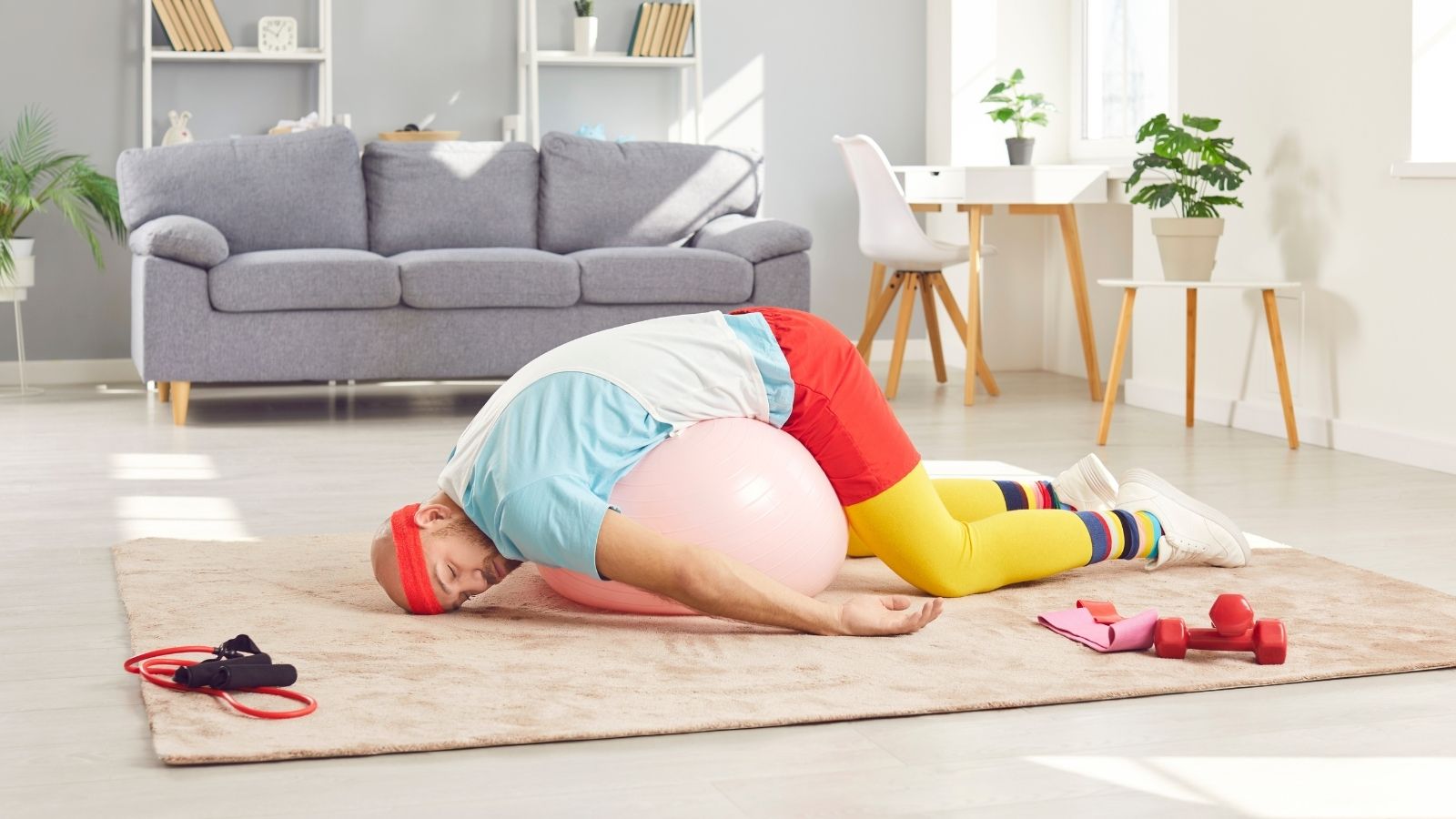
A minimalist home might lack the comfort and coziness of more furnished spaces. This lack of comfort can affect overall well-being and relaxation. Balancing minimalism with elements that bring warmth and comfort is crucial to avoid the negative mental health impacts of a lack of comfort.
Misunderstanding

Misunderstanding the true essence of minimalism can lead to unnecessary stress and deprivation. Many people equate minimalism solely with reducing possessions, but it’s about intentional living and prioritizing what truly matters. This misconception can result in extreme measures, where individuals deprive themselves of necessary items and comforts. Balancing minimalism with a clear understanding of its principles is crucial to avoiding the negative mental health impacts of misunderstanding and to creating a fulfilling lifestyle.
Extreme Measures

Taking minimalism to extremes can lead to a lack of necessary items and resources, impacting daily life. This extreme approach can result in deprivation, where individuals deny themselves essential comforts and conveniences. Rigid adherence to minimalism can create stress and reduce overall quality of life. Balancing minimalism with practicality and ensuring that essential needs are met is crucial to avoid the negative mental health impacts of taking minimalism to extremes.
Conclusion
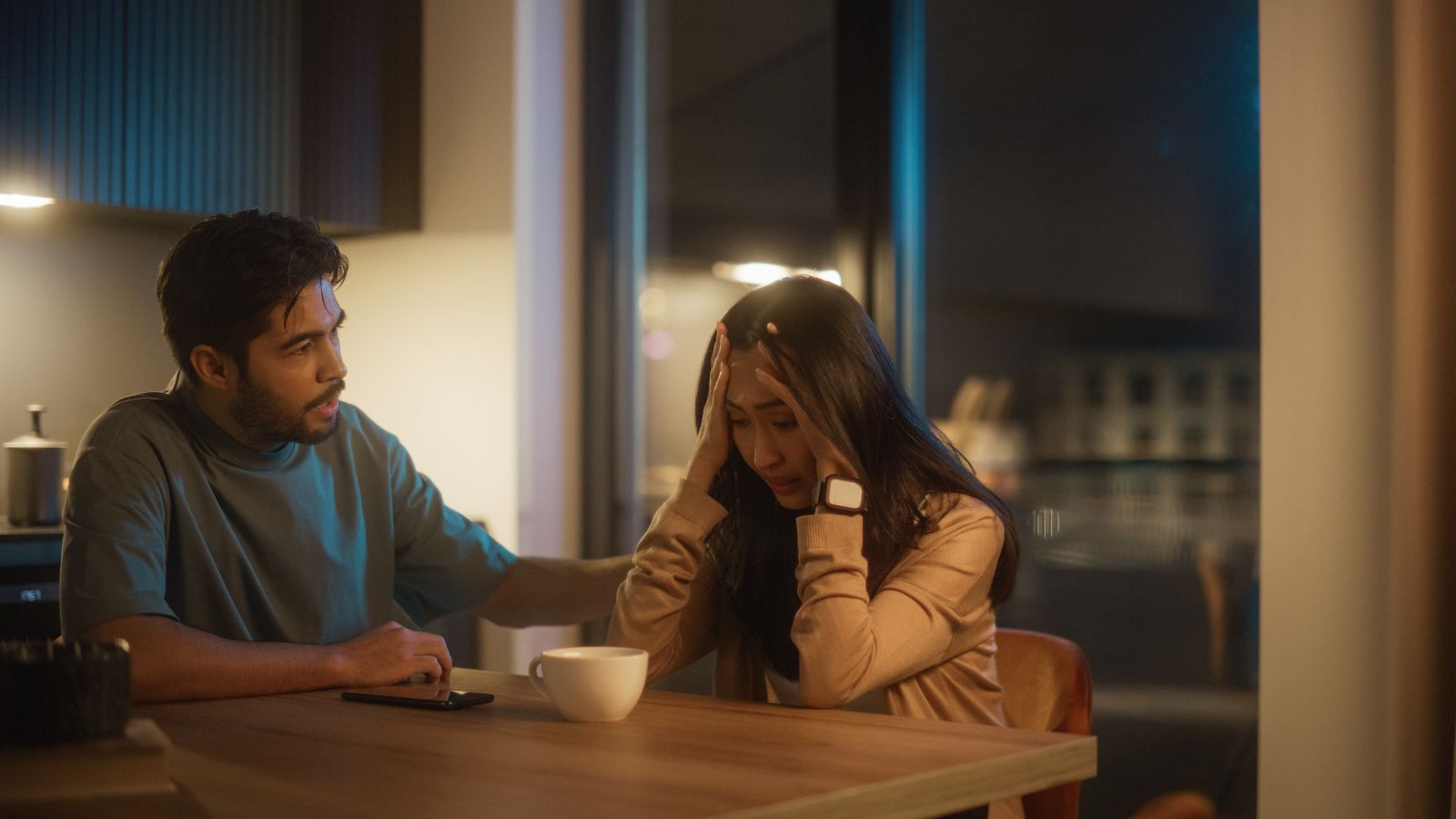
While minimalism has benefits, it’s crucial to approach it with balance and mindfulness. Understanding the potential downsides can help you navigate a minimalist lifestyle in a way that supports your mental health. Remember, minimalism is not about perfection but creating a life that brings you joy and peace.
18 Reasons Why People Are Leaving Florida in Masses

Exploring factors that impact the desirability of living in Florida, this list delves into various challenges shaping residents’ experiences. From environmental concerns like rising sea levels to economic factors such as fluctuating job markets, these issues collectively contribute to a nuanced understanding of the state’s appeal.
18 Reasons Why People Are Leaving Florida in Masses
